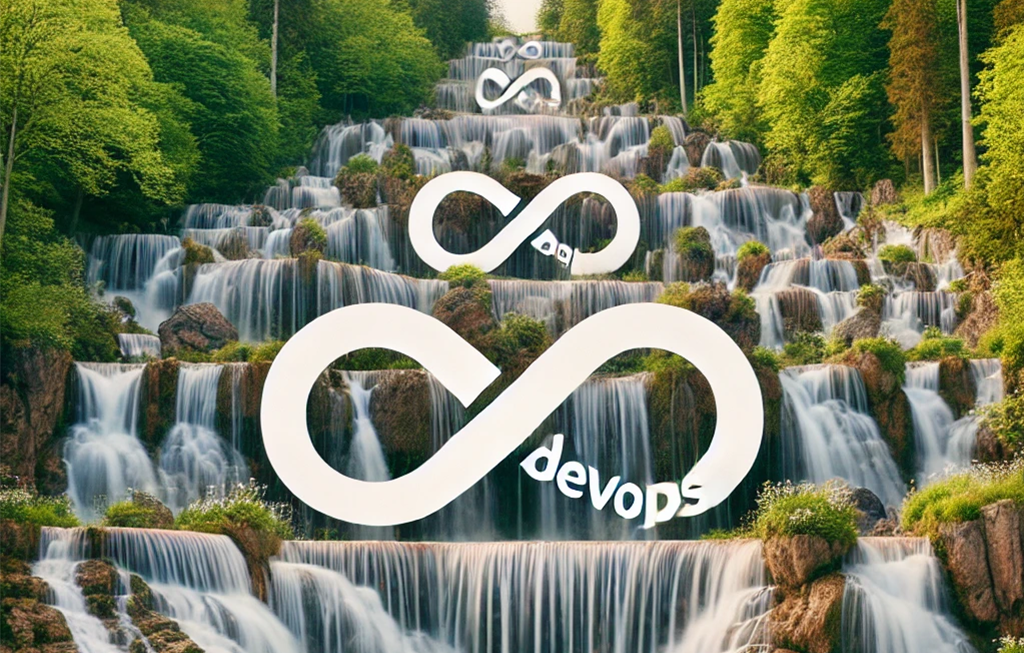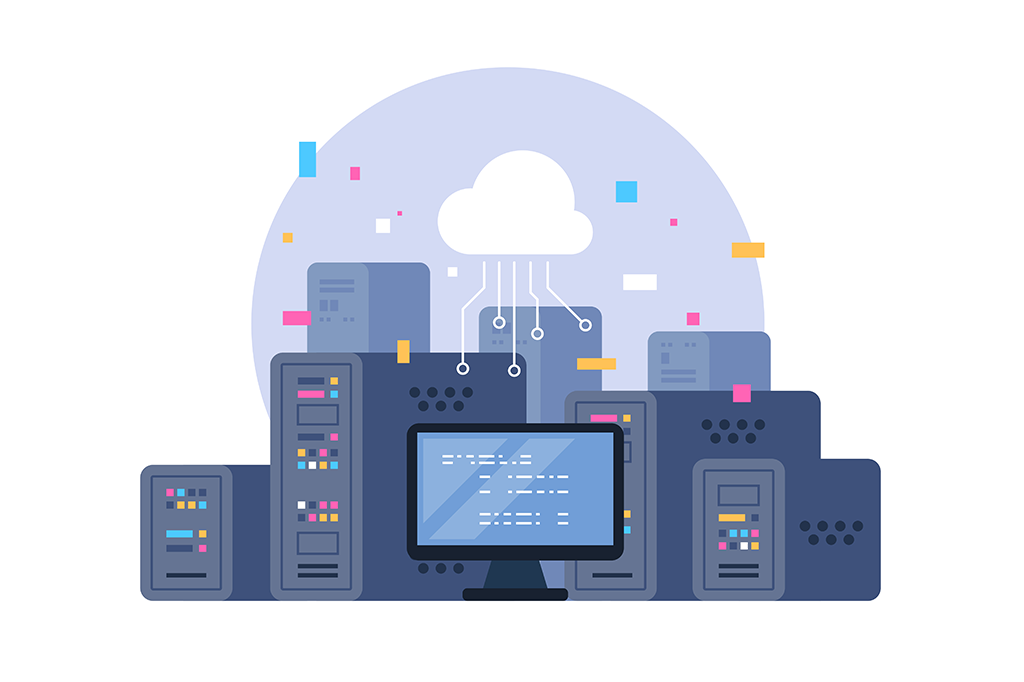
Video games have become one of the most dynamic and lucrative industries in entertainment. As technology has developed, games have evolved, taking the gaming experience to increasingly immersive and sophisticated levels and allowing unprecedented interactivity with other players around the world. One of the most revolutionary developments in this field has been the incorporation of cloud technology, which is changing the way we play and experience video games.
Cloud computing has transformed various industries by offering an efficient and scalable solution for storing and processing data. In the context of video games, high-performance cloud servers allow developers and gaming companies to host their titles on powerful and flexible infrastructure. This not only improves the performance and stability of the games but also facilitates management and maintenance, enabling developers to focus more on creating innovative content.
Scalability and Flexibility
These servers allow developers to dynamically adjust resources according to fluctuating user demand. During traffic peaks, such as the release of popular games or online events, the servers can automatically scale to handle the increased load without compromising performance. This adaptive capability ensures that games remain accessible and functional, providing a smooth and uninterrupted experience for players.
The inherent flexibility of cloud servers allows developers to customize and optimize resource usage according to the specific characteristics of their games. Cloud servers offer the ability to adjust processing power, storage, and other resources quickly and efficiently. This adaptability not only enhances overall game performance but also optimizes operational costs by using only the necessary resources at any given time, avoiding unnecessary investments in expensive hardware, and allowing for more efficient budget management.
Performance and Stability
These servers are designed to deliver a high level of performance, ensuring fast load times, smooth graphics, and an uninterrupted gaming experience. The strategic location of data centers hosting these servers significantly contributes to reducing latency, providing quick and accurate responses to player actions. This improves gameplay by minimizing any delay between the player’s action and its on-screen representation.
Cloud service providers strive to offer a high level of availability (uptime), ensuring that games are accessible to players at all times with minimal interruptions and downtime.
Efficient Management and Maintenance
These servers enable developers to manage updates and improvements to their games more effectively. With the ability to implement changes quickly and simultaneously across all servers, developers can ensure that players are always using the most updated version of the game without the need for long downtime periods for manual updates.
The maintenance of physical infrastructure is handled by cloud service providers, relieving developers of the responsibility of managing and maintaining expensive and complex hardware. Cloud service providers are responsible for the physical security of the servers as well as digital security, implementing robust measures against cyber threats such as DDoS attacks and malicious intrusions.
Cloud Services Specialized in Gaming
Several providers stand out for offering specialized infrastructures designed to optimize the efficient and scalable execution of games. Amazon Web Services (AWS) stands out with its Amazon GameLift service, specifically geared towards the deployment and management of game servers. This service facilitates automatic scaling, load balancing, and game session management, which is especially valuable for multiplayer games that require dynamic resource management.
Microsoft Azure offers Azure PlayFab, a comprehensive platform that provides complete backend services for games. This includes player management, virtual economy, real-time analytics, and cloud content storage. It is ideal for developers needing a robust solution to manage large volumes of data and maintain smooth interaction between players.
Google Cloud Platform (GCP) has developed Agones, an open-source solution based on Kubernetes for game server management. Agones offers advanced features such as automatic scaling, detailed monitoring, and efficient deployment tools, tailored for games requiring flexible and adaptable infrastructure to meet fluctuating player demands.
Other providers, such as Vultr and OVHcloud, offer dedicated servers specifically designed for gaming, equipped with powerful processors, large amounts of RAM, and high-speed network connections. These servers are ideal for developers seeking full control over the server environment and requiring robust and reliable infrastructure for resource-intensive games.





